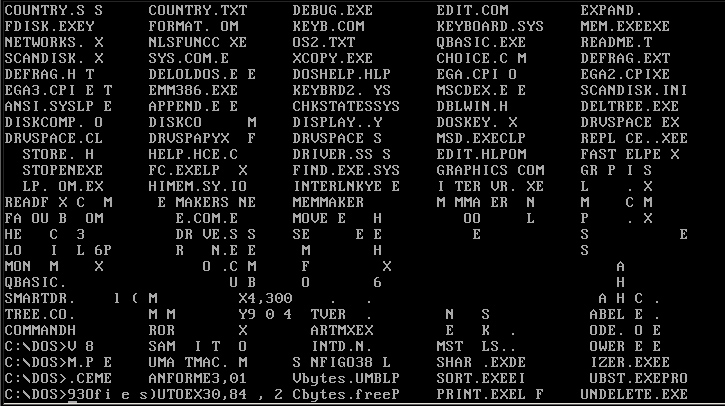Introduction

A computer virus refers to a program that when executed attaches itself to other programs and files on the host computer. Viruses almost always are intended to cause damage and either corrupt data or damage the operating system of the computer.
These days classic viruses are not as common as more sophisticated threats such as ransomware, botnets and backdoors are often more lucrative for attackers to steal information.
The term “virus” is typically used to describe all malware but it is specific type of threat among many including Trojans, worms and other types of malicious software.
Effects of viruses
A virus usually results in damage to data or system files leading to issues with the operating system of various programs on the host computer. Viruses in the worst case may require the operating system to be reinstalled or repaired.
Computer viruses are very closely related to worms but are often used to describe all types of malware instead.
Examples of viruses
Throughout the history of computing many viruses have been developed, here are some notable ones:
Brain.A (first virus)
Preventing & removing viruses
The best means to combat viruses is prevention, this includes the following best practices:
- Keeping your system up-to-date (installing updates & patches)
- Running an up-to-date on-demand antivirus or antimalware suite
- Running software policies to prevent undesired changes
- Maintaining regular backups of all critical data
- Exercising caution when downloading new software or files
Other related content:
![logo-new-23[1] logo-new-23[1]](https://cdn-ihdfn.nitrocdn.com/eZVJvoSTyVixkEUySRKiaseNtUlmgCyu/assets/images/optimized/rev-0174fc5/agrtech.com.au/wp-content/uploads/elementor/thumbs/logo-new-231-qad2sqbr9f0wlvza81xod18hkirbk9apc0elfhpco4.png)